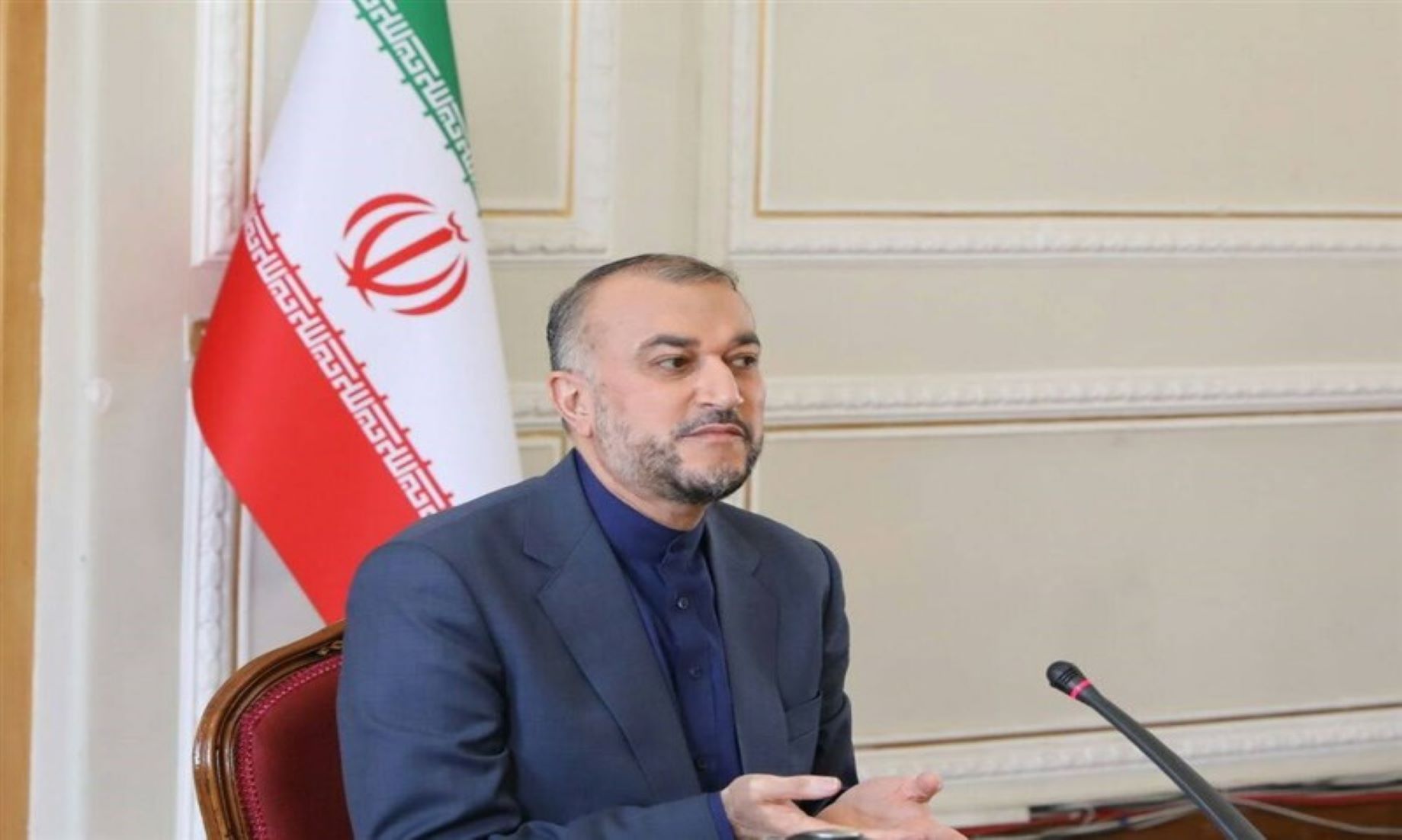TEHRAN, Oct 20 (NNN-TASNIM) – Iran’s foreign minister said yesterday, Tehran will add at least four institutes and 15 officials of the West, to its “terrorists blacklist,” the details of which will be announced in the coming hours.
Hossein Amir-Abdollahian made the remarks, during a visit to an institute in Tehran that supports epidermolysis bullosa (EB) patients.
Those people and institutes have played a role in imposing medical sanctions on Iran, and promoting “violence and extremism” that have caused insecurity in the country, during the recent unrest, following the death of 22-year-old Mahsa Amini, said the Iranian top diplomat.
Certain states have turned unilateral sanctions into a “modern tool” for the systematic violations of human rights, he added, noting that those countries “shed crocodile tears” after Amini’s death, and sought to incite “riots and terror” in Iran, by abusing the Iranian people’s emotions.
More than 1,000 EB patients in Iran need a special dressing produced by a Swedish company for their wounds, but were unable to obtain it due to U.S. sanctions, said Amir-Abdollahian, adding that, foreign ministers from Sweden and the United States have at the same time claimed that pharmaceuticals are not included in the sanctions against Iran.
The U.S. sanctions against Iran have intensified since 2018, the year when Washington pulled out of the nuclear deal between Tehran and world powers.
Although the United States claims that humanitarian items, including medicine and foodstuff, are not included in the sanctions list, its embargoes on Iran’s oil exports and banking sector have, in practice, prevented the country from importing such goods.
Iranian government spokesman, Ali Bahadori Jahromi, said earlier, 480 thalassemia patients have died in Iran, over the past four years, because of the U.S. sanctions, which prevented Iran from importing medicine for rare diseases.
In addition, 220 thalassemia patients could die this year, for the same reason, while EB patients and those suffering from other rare diseases are also among the victims of the sanctions on Iran each year, he added in a tweet.– NNN-TASNIM





